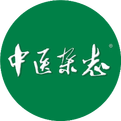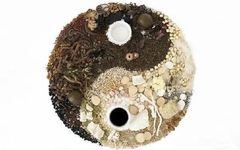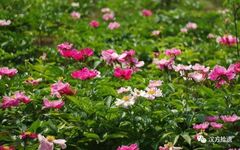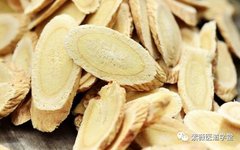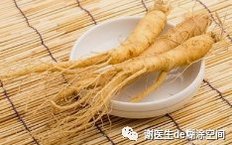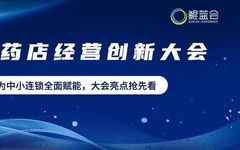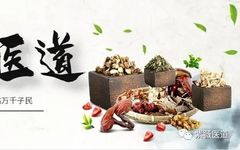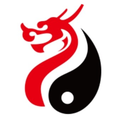The Application of Blood-Activating and Stasis-Resolving Herbs in Internal Medicine
Blood stasis is a common cause and pathological product in TCM internal medicine, and it is also an important factor in the progression and deterioration of diseases. Therefore, activating blood and resolving stasis is one of the main treatment methods for internal medicine diseases. 01 Choosing Blood-Activating and Stasis-Resolving Herbs According to Traditional Properties 1) … Read more

